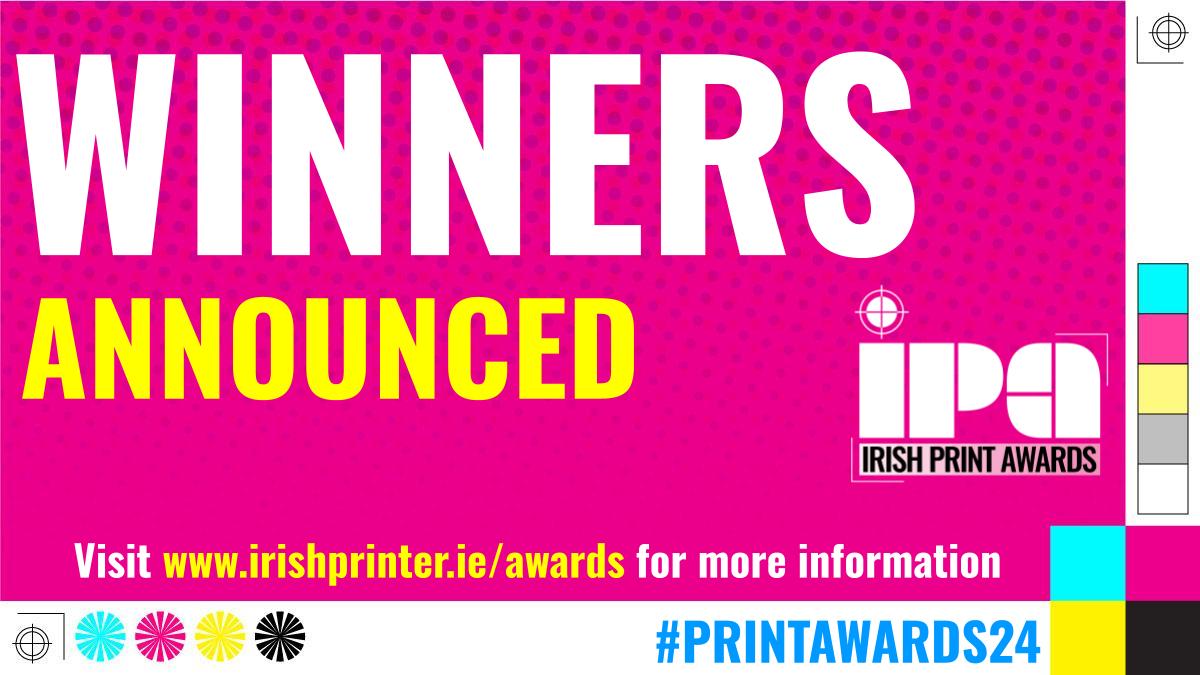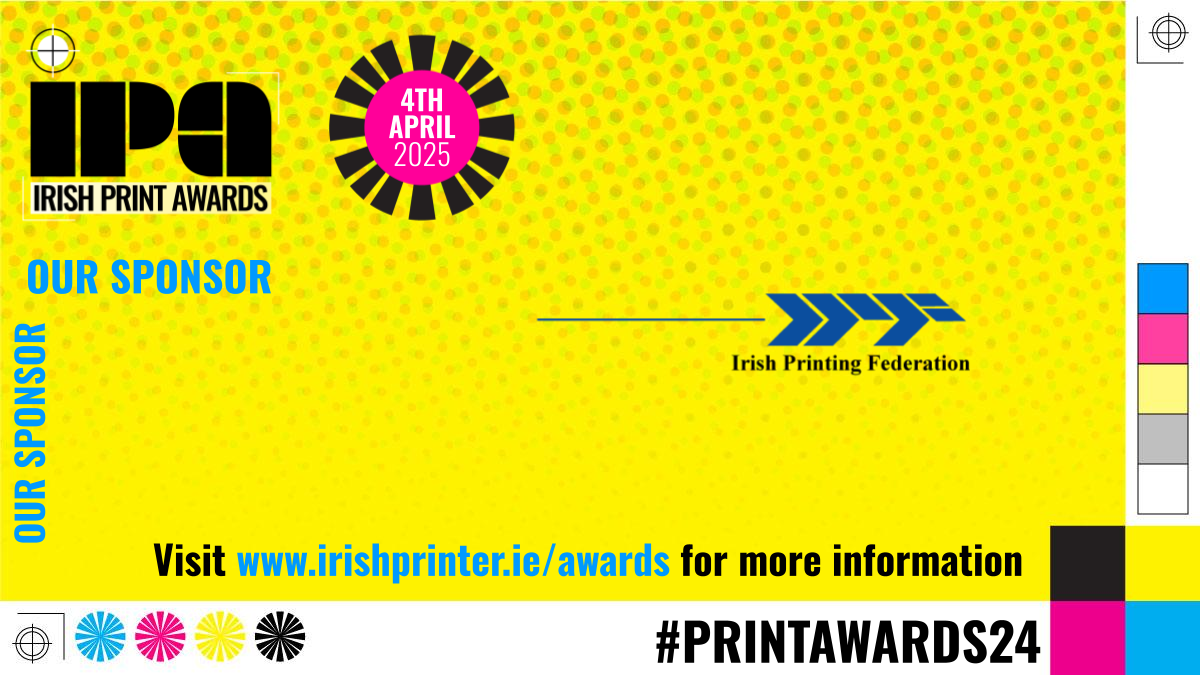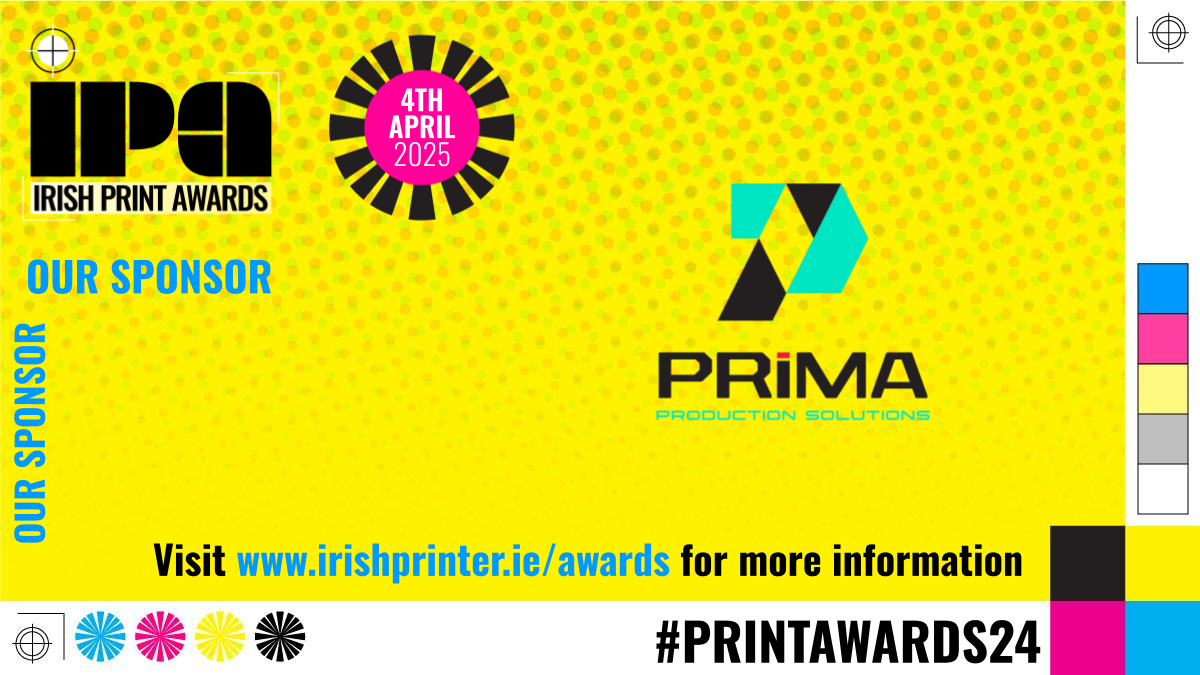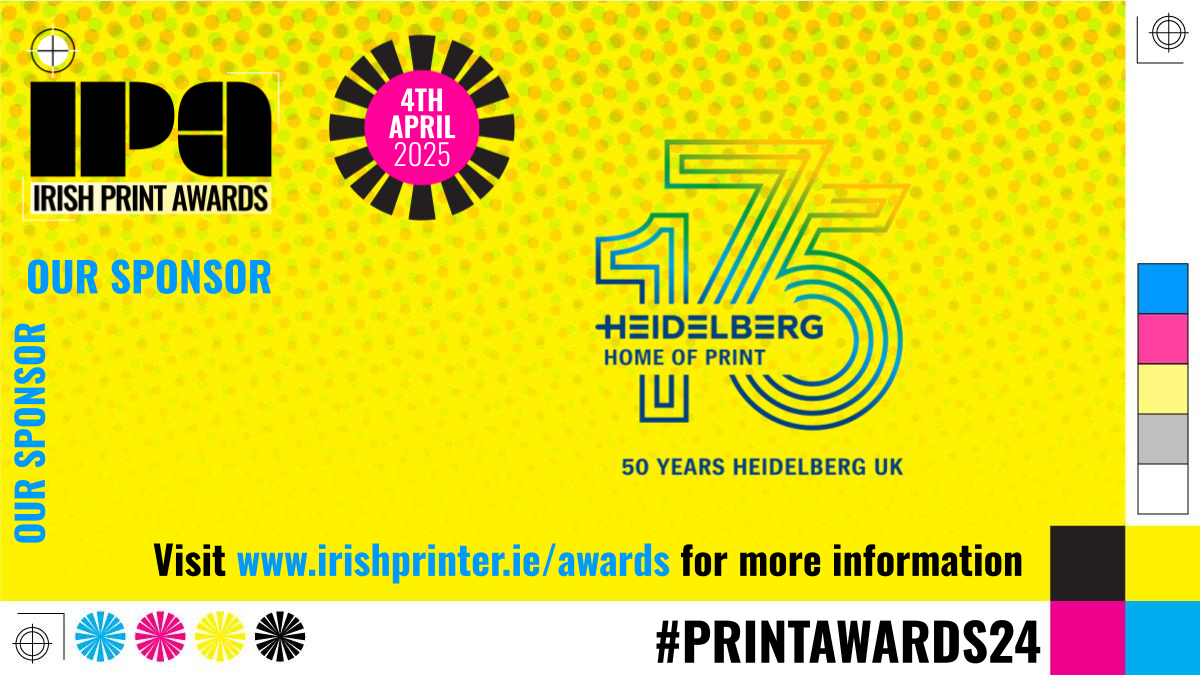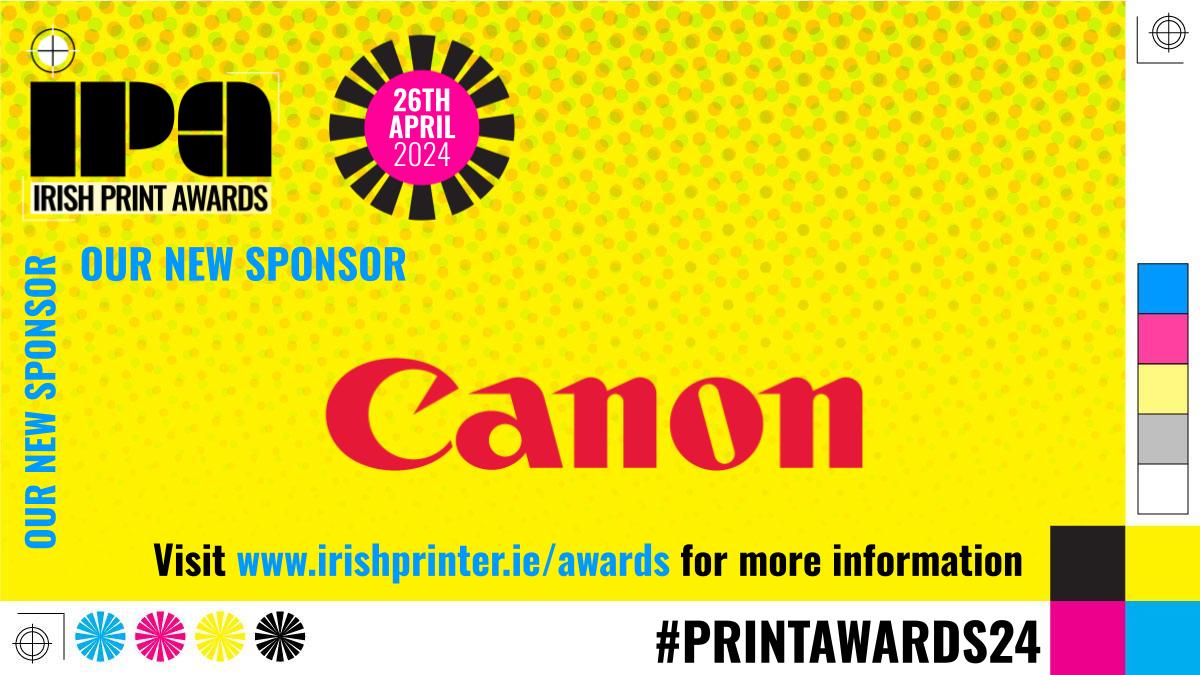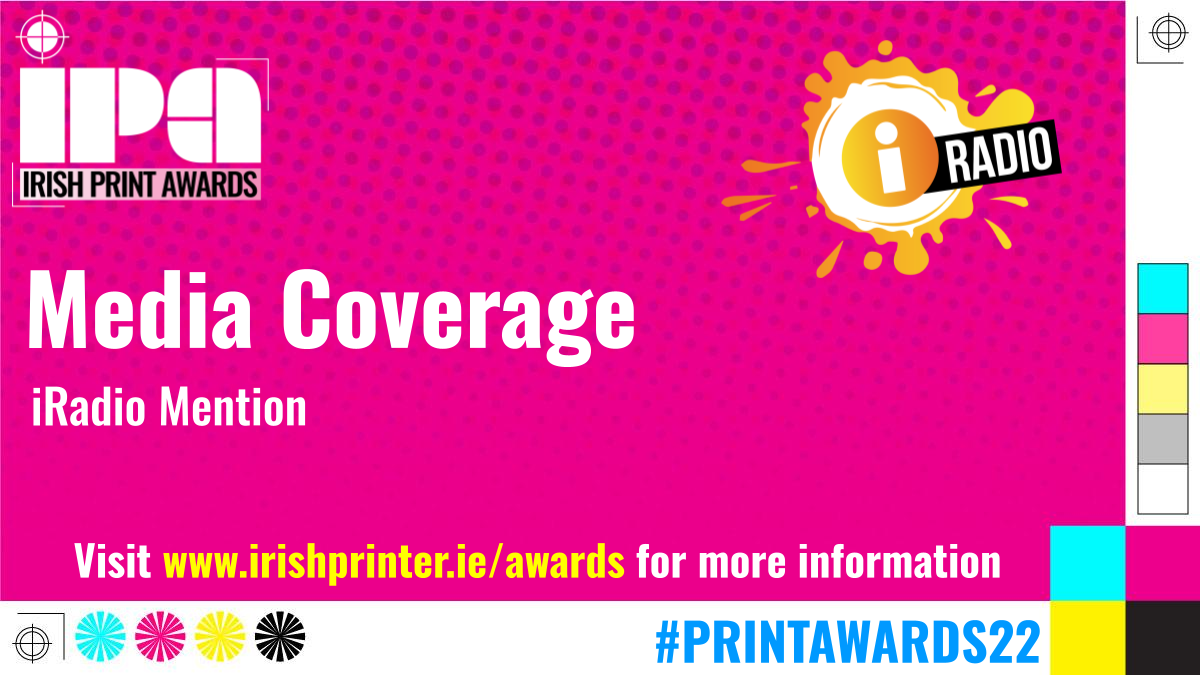IPF President Diarmuid Dawson talks to Irish Printer about the rising cost of doing business and the scarcity of skilled staff
2021 might have seen two paper price increases but there’s another one on the way, says Irish Printing Federation President Diarmuid Dawson. “We’re hearing that it will kick in early Q1 next year. It’s frustrating as it’s very difficult to pass these costs down to the customer. The other major issue affecting the sector is the availability of materials, from pulp to other raw materials. I think the perception is that this lack of availability is down to Brexit, but it’s not. The problem is that the raw material simply isn’t there. The likes of China and Asia are buying up as much pulp as they can; it’s becoming a major problem and it’s compounded by the huge cost of actually moving shipments. In our business here, we buy from Europe but despite that, our lead times have gone from four weeks to about seven or eight weeks. Costs have gone up, availability is scarce and trying to plan ahead is virtually impossible.”
The rising cost of fuel which affects deliveries, the rising cost of energy and the continued rising cost of living will also be driving wage inflation. It will be extremely difficult for an economy to recover with these external factors driving costs, says Diarmuid. Not a good time to have a budget that will only add to those costs for business.
Since the pandemic hit, the explosive growth of ecommerce has seen a jump in activity in the packaging and label sector. “Despite that, I’ve heard horror stories of people waiting three months for materials. There are some very serious obstacles to recovery and growth out there for print firms at the moment.” A lack of skilled professionals is also impacting the industry, says Diarmuid. “We’ve been talking about this issue for so many years now. No training means no staff, which in turn leads to a rise in wages and other issue around the lack of casual staff, due to the PUP payment. We’ve been trying to get a few extra bodies on board for a project; the work is there up until Christmas, but we just cannot get anyone.” The only option is to struggle on with the people we have, says Diarmuid. “That has an impact on the whole cycle of job in, job out. From what I hear, a lot of the casual agency staff would have been on a basic wage, but no-one is working for that kind of money anymore.”
Businesses availing of the Employment Wage Subsidy Scheme (EWSS) will, have welcomed the news that the scheme has been extended an an extra four months to the end of April 2022. The first three months of 2022 will be a good indicator for the sector, says Diarmuid. “Businesses should note that the scheme will be closed to new entrants from January 1, meaning that only businesses already enrolled in the programme at the end of the year will be permitted to use it in 2022. EWSS will be tapered from the end of this year, with two bands at €151.50 and €203 in December, January and February, reducing to a single flat rate of €100 for March and April, to wean businesses off the subsidy. PRSI relief will also be eliminated for the final two months of the scheme.”
Along with a couple of large print firms, the IPF is taking matters into its own hands when it comes to industry training. “There are a number of companies operating in the sector that are desperate to initiate some kind of training to try and futureproof the industry. We’re hoping to introduce training through DPP Skillnet in collaboration with a couple of print firms. If you can’t provide training to people, then they’ll move on so the aim is to plug the gap where people are leaving the industry; in our business, a couple of young lads left because we couldn’t offer them apprenticeships, so we know the challenges that a lack of training is presenting to print firms.”
The reopening of the events sector is good news for the print industry and with a full (subject to restrictions) reopening scheduled for the end of October, revenues could be up for some companies by the end of 2021. “Some companies have done well throughout Covid, there are some good news stories out there. I think the industry is improving; print firms are recovering slowly. It’s important to stay optimistic. So many firms have reinvented themselves over the past 18 months. They’re coming out of the pandemic stronger but at the same time, there are other firms that are still experiencing difficulties. Numbers engaging with the DPPS are up; people are upskilling and preparing for a diversified industry.”
Recently, the IPF posted information relating to uncollected pensions for people working in the print industry in the 1970s and 1980s. “Back in the day, some printers were paying their union subs but what they didn’t know was that out of that sub, a certain amount was being put aside for their pension. In the past few weeks, we heard of a retired printer who after making a few inquiries, received a substantial sum. We feel that if we can get retired printers talking to the right people, they might get a nice lump sum.” For more information on pensions for retired printers, see page 18.
Bringing skills back to the sector
The Design Print & Packaging Skillnet, which the IPF is the sponsoring body, is currently in the early stage of an initiative to identify and address the skills requirements of the print sector (general print, packaging and labels). A project manager will be appointed to lead the project and will work with a committee of employers (to be formed in the coming weeks) to guide it. The goal of the project is to deliver a skills pathway for new entrants and existing employees that will provide the technical foundation knowledge for a range of core skills required by the sector.
FOR ANY COMPANY LOOKING TO PARTICIPATE IN THIS PROJECT, PLEASE CONTACT BRIAN COLLERAN, THE DPP SKILLNET NETWORK MANAGER AT BRIAN@DPPSKILLNET.IE


